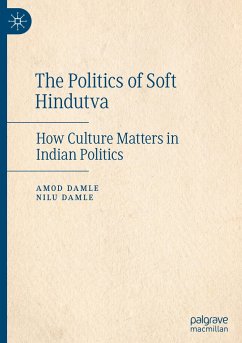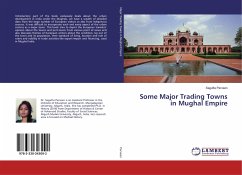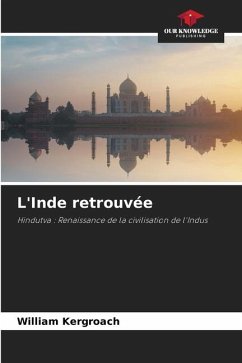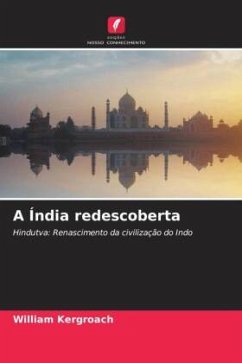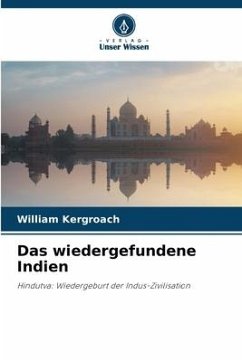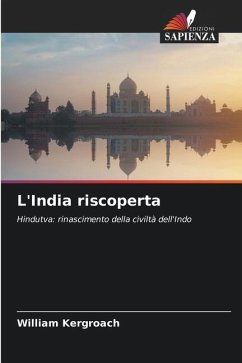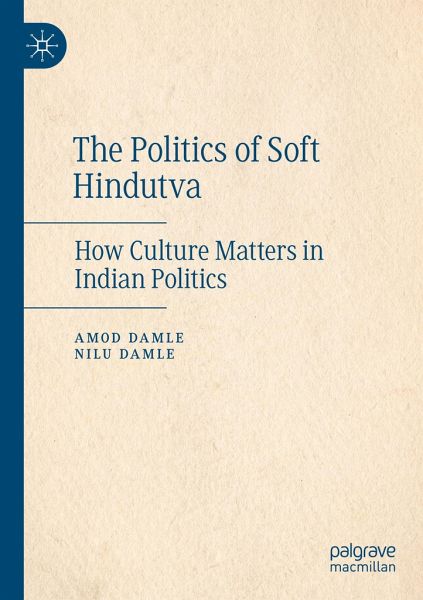
The Politics of Soft Hindutva
How Culture Matters in Indian Politics
Versandkostenfrei!
Versandfertig in 6-10 Tagen
98,99 €
inkl. MwSt.
Weitere Ausgaben:

PAYBACK Punkte
49 °P sammeln!
This book examines the rise of two contrasting variants of Hindu nationalism-the Bharatiya Janata Party's (BJP) divisive cultural nationalism and the softer, less threatening variant of Hindutva espoused by the Aam Aadmi Party (AAP) and Trinamool Congress (TMC). Historically, the overlaps between Hinduism and Islam bolstered the narrative that the Muslims were culturally inferior to the Hindus and that Hinduism was India's unifying tradition. As a result, for many Hindus, emphasizing the distinctiveness of a minority group, especially the Muslims, represents a threat to Hindu superiority and I...
This book examines the rise of two contrasting variants of Hindu nationalism-the Bharatiya Janata Party's (BJP) divisive cultural nationalism and the softer, less threatening variant of Hindutva espoused by the Aam Aadmi Party (AAP) and Trinamool Congress (TMC). Historically, the overlaps between Hinduism and Islam bolstered the narrative that the Muslims were culturally inferior to the Hindus and that Hinduism was India's unifying tradition. As a result, for many Hindus, emphasizing the distinctiveness of a minority group, especially the Muslims, represents a threat to Hindu superiority and India's cultural integrity. With the rise of the BJP, AAP, and TMC, we witness a tussle between two strains of Hindu nativism. The BJP attempts to attract the Hindu vote by heightening the differences between Hindus and Muslims and portraying itself as the restorer of national integrity. The AAP and TMC revive a much older form of cultural nativism by downplaying the separateness of the Muslims, indicating that India is already a Hindu nation and that there is no need to persecute religious minorities. Comparing the two variants of cultural nationalism provides valuable insights into how culture matters in Indian politics.



